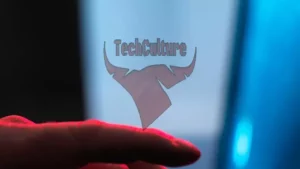Google Quietly Removes AI Weapons Pledge, Sparking Controversy
In a move that has raised eyebrows across the tech industry, Google has quietly removed its pledge not to use artificial intelligence (AI) for weapons or surveillance from its AI principles page. This change marks a significant shift from the company’s initial commitment to ethical AI development, first established in 2018.
The removal of this key principle has drawn criticism from various quarters, including former members of Google’s ethical AI team. Critics express concern over the potential development of harmful technologies and the implications this change might have for the future of AI applications.
This move by Google follows a trend seen in other AI companies, such as OpenAI, which have also retracted similar commitments in recent times. The tech giant’s decision has reignited debates about the responsible development and deployment of AI technologies.
In response to the controversy, Google has issued a statement emphasizing its commitment to collaboration in AI development. The company’s current stance appears to leave room for interpretation regarding AI use in national security contexts, a departure from its previous clear-cut position.
This shift in Google’s AI principles comes against the backdrop of the company’s historical role in the development of surveillance capitalism. Google’s business model has long relied on the monetization of personal data, evolving through various data-driven products over the years.
The change in Google’s AI principles reflects the ongoing race to develop advanced AI technologies and the pressure from investors to generate revenue through these innovations. Industry observers warn that this could potentially lead to unscrupulous AI profit models in the tech sector.
As the AI landscape continues to evolve rapidly, the implications of Google’s decision remain to be seen. The move underscores the complex challenges facing tech companies as they navigate the ethical considerations of AI development while striving for technological advancement and profitability.




